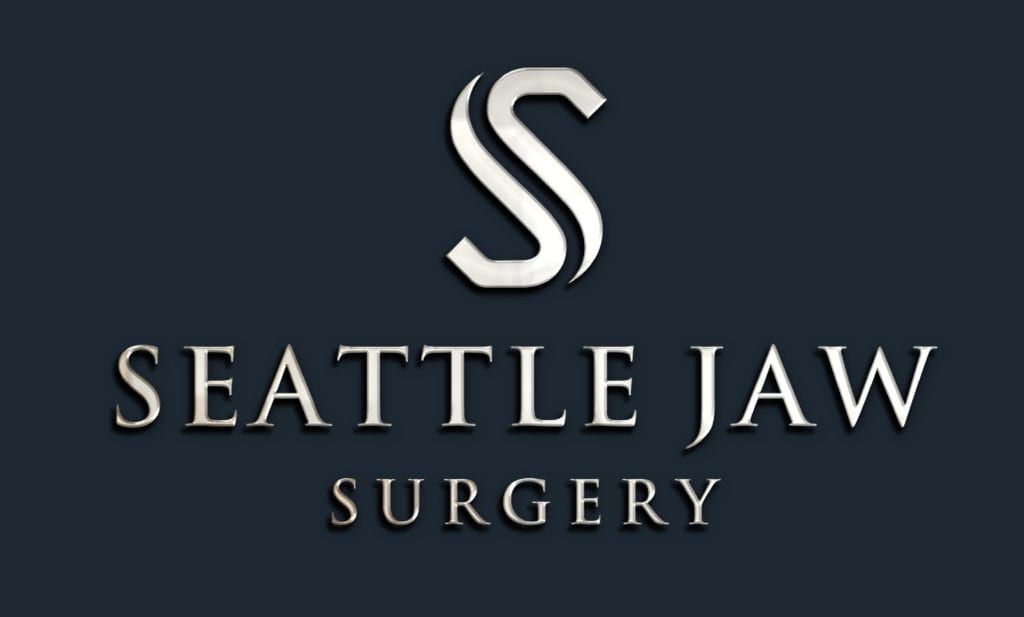Preparing for Intravenous anesthesia sedation is much like preparing for general anesthesia. There are some general prerequisites and instructions that patients must follow prior to IV sedation to ensure the safety of the procedure. It is important that all patients undergoing IV sedation thoroughly read and understand the directions we provide prior to the procedure and contact our office with any questions or concerns.
Intravenous anesthesia sedation is a very safe and effective means of preventing pain a reducing patient anxiety during a surgical procedure. Unlike most dentists who only use local anesthetics, an oral surgeon can quickly complete complex procedures in the clinic while the patient is comfortably asleep, thereby avoiding the need to be admitted to a hospital.
In most cases, patients will not be allowed to eat or drink anything – including water – after midnight the night before the surgery. There are some exceptions for people who take regular medications, though even those will need to be taken with only small sips of water.
No. We require that all patients undergoing IV sedation at our office arrive for their procedures with a responsible adult driver. It is not possible for you to safely drive after your procedure, nor should you drive a vehicle or operate heavy machinery for at least 24 hours after your procedure. It is normal to remain drowsy during this time as your body gradually eliminates the sedative agents used during the procedure.
We recommend wearing loose, comfortable clothing when you arrive at our office. Contacts, dentures, and detachable bridgework must be removed prior to surgery. Please also avoid wearing makeup, fingernail polish and jewelry the day of the procedure.
